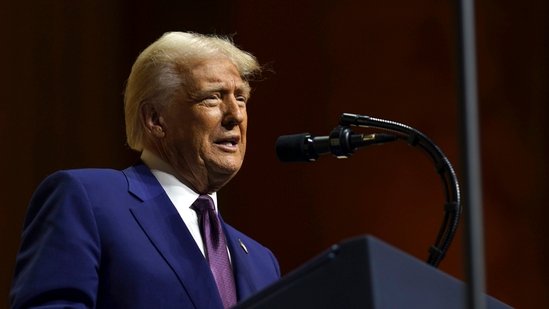On April 2, 2025, the president of the United States, Donald Trump announced that a set of reciprocal tariffs would apply to all imports to the US at rates between a 10% base tariff to almost 50% for countries with large merchandise trade deficits with the country.
Pandemonium followed on global stock markets. Following requests for negotiations by over 75 countries, the US administration announced a pause on these reciprocal tariffs on all countries—barring China—for a period of 90 days.
During these three months, nearly all countries will be subject to the 10% base tariff as they use this time to negotiate bilateral trade agreements with the US. It is widely expected that the ultimate result of all these negotiations will be a new global trade order that looks vastly different from the one prior to April 2025.
Trade has been a powerful instrument for gender equality over the last few decades – especially in low income and emerging economies. Research by the World Bank and the World Trade Organization (WTO) finds that firms that are part of global value chains tend to employ more women. In developing countries, women make up 33% of the workforce of exporting firms compared with just 24% of non-exporting firms.
Moreover, data from the United Nations Trade and Development body (UNCTAD), shows that across developing economies, women’s share of value added in industry exports typically ranges from 20% to 40%, even going up to 77% in countries like Cambodia where textiles and garments are the dominant export industry, showing the high contribution of women workers in export-oriented manufacturing.
Finally, despite high levels of informality in working conditions, firms in global value chain-integrated sectors are more likely to offer higher pay and benefits than firms not directly engaged in trade.
But women are not only involved in trade when engaged as employees in manufacturing firms. Women entrepreneurs running their own firms are also traders. Women also support traders by working as logistics service providers such as customs brokers, freight forwarders, and trade financing agents.
Primary consultations undertaken by Nikore Associates between 2023–2025 across South Asia show that women traders and logistics service providers struggle not only with gender-based discrimination in access to markets, finance and trade networks but also deal with safety concerns at trade facilities, lack of gender sensitive infrastructure including absent female washrooms, and with social normative barriers that routinely characterise trade as being an “inappropriate” sector for women.





